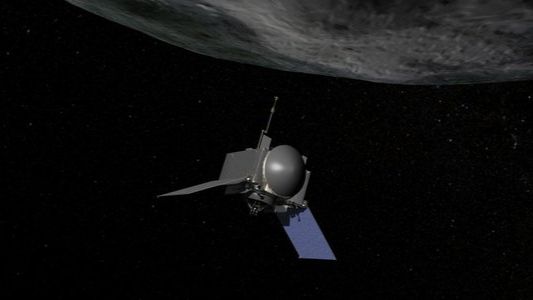Hamptons Observatory, and co-host Suffolk County Community College, are pleased to present a free, virtual lecture by Dr. Heather Graham from NASA’s Goddard Space Flight Center.
The search for life, and for signs of life, beyond our own planet confronts us with myriad challenges—technical, analytical and epistemological. Current strategies for detecting life rely mainly on the identification of well-established and widely accepted features associated with contemporary life. But how do we search for signs of life that may have an unknowable, unfamiliar biochemistry? As we explore farther out in the solar system where a common heritage with Earth is less likely, it becomes more necessary to design life detection approaches based on fundamental features and mechanistic models of biological systems. It also becomes more imperative to incorporate our knowledge of the abiotic chemical, physical and geologic processes that provide environmental context for our observations. In this discussion, Dr. Graham will explore guiding principles for designing a life detection framework that avoids the overuse of analogy and incorporates the limits of parsimony when assessing biosignatures. We will consider methods for extracting the meaning from the vast array of data obtained via planetary explorations and from such missions as OSIRIS-Rex which, in September, 2023, returned samples from Bennu, a near-Earth asteroid. From early Earth to the asteroid Bennu, clues for how to search for life span from deep time and appear throughout our solar system.
REGISTRATION IS REQUIRED FOR THIS FREE, VIRTUAL EVENT:



